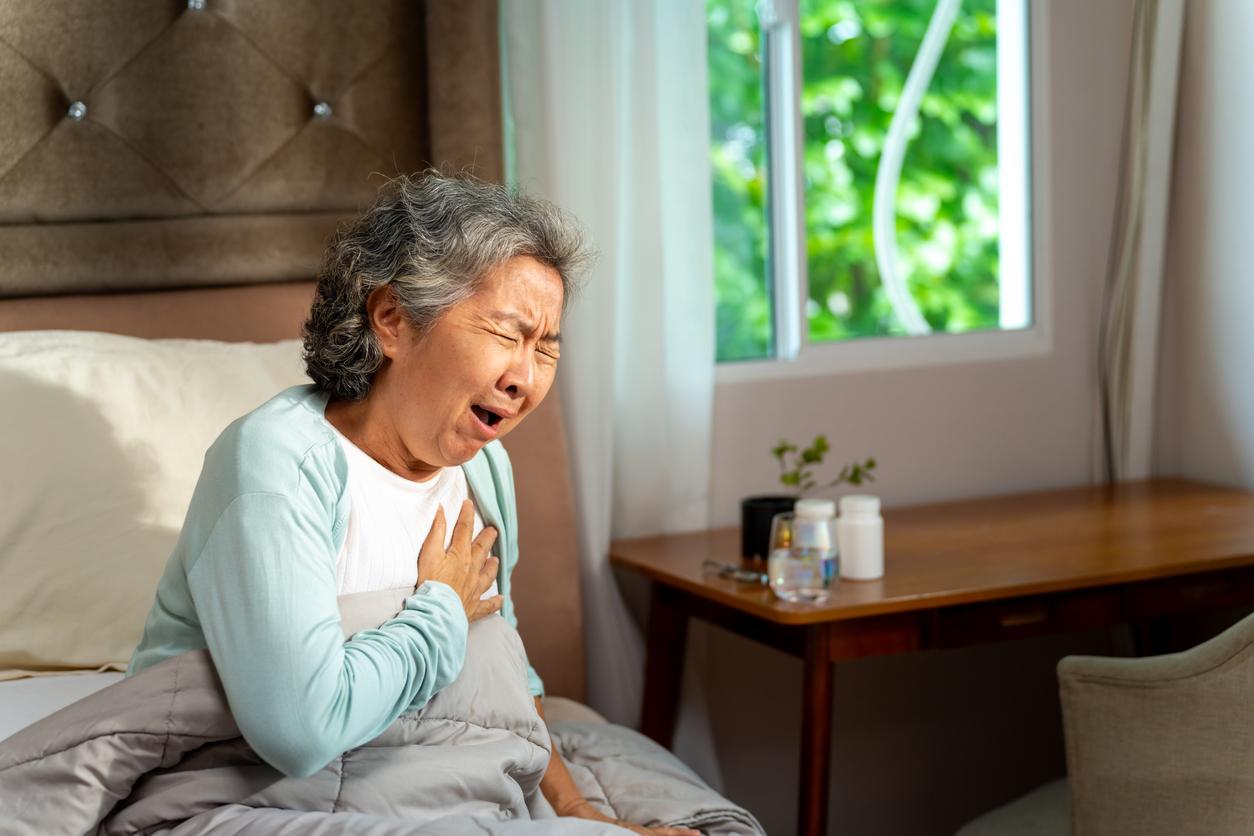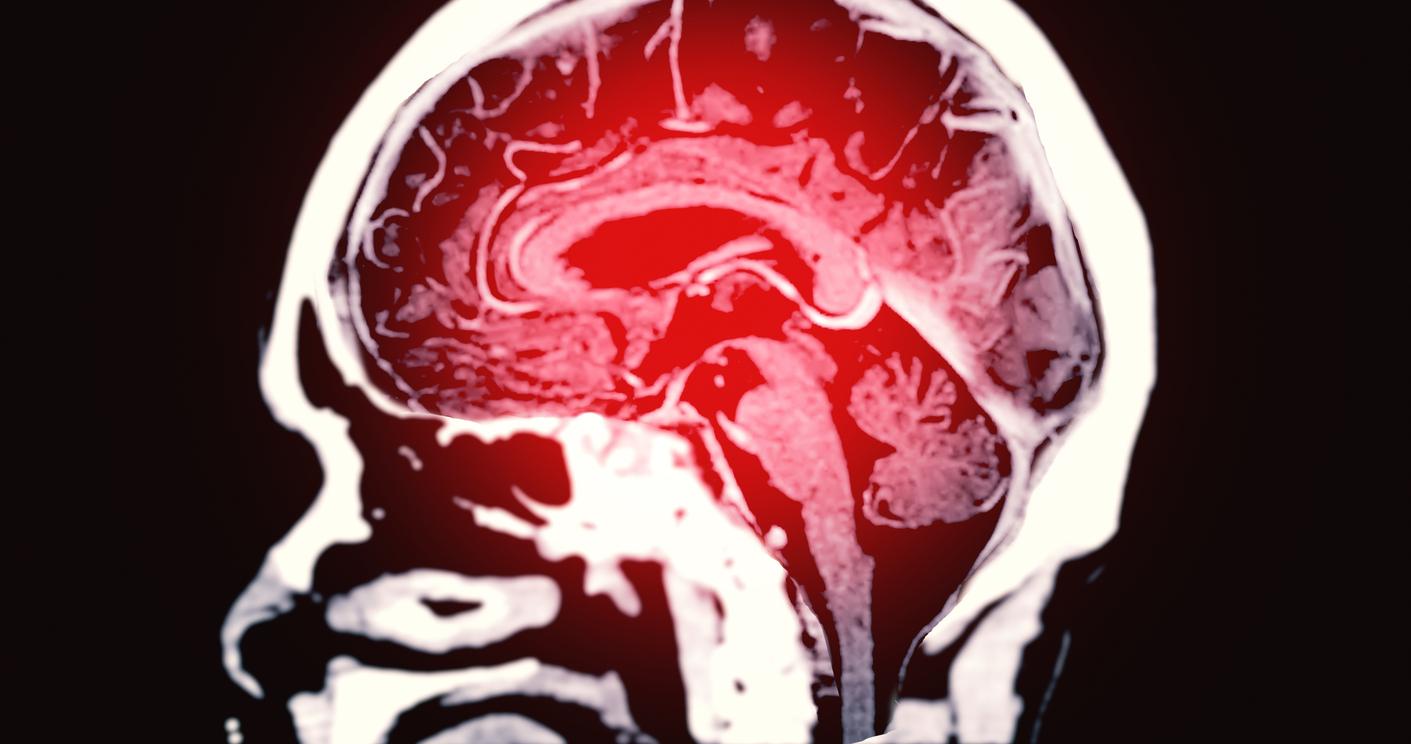The Pitié-Salpêtrière hospital in Paris offers patients who have survived a stroke meetings to improve treatment compliance.

Therapeutic education. This barbaric term proves to be life-saving in the context of chronic illnesses. And more particularly if it is aimed at patients who have survived a cerebrovascular accident (CVA). Understanding your disease, apprehending its consequences and risks… This is what these group workshops offered by most hospitals consist of.
But one aspect of post-stroke rehabilitation remains relatively unaddressed in the context of therapeutic education: why should you take your anticoagulants every day? This is precisely the whole purpose of the workshops organized by the neurology department of the Pitié-Salpêtrière hospital (Paris) with doctors and nurses. Dr. Anne Léger, neurologist, talks for an hour with her patients. The objective: to share their experiences and improve treatment monitoring.
Increase the odds
This follow-up is essential and above all complementary to the strategies already deployed. In its recommendations, the High Authority for Health (HAS) advises “to bet from the start on the therapeutic education of the patient”. But compliance is not yet addressed. Or occasionally.
La Pitié-Salpêtrière chooses to opt for regularity. As Dr. Léger points out, “CVA is a recurrent pathology. There is a 20 to 25% recurrence rate within 5 years”. And as a Swedish study recently showed, stopping preventive treatment considerably increases the risk of having a second stroke.
This is where therapeutic education comes in: by regularly discussing the experience of chronic treatment, the chances of continuing it increase. Avoiding a second incident, and aftermath. In fact, stroke is still the leading cause of adult disability in the country.

.















